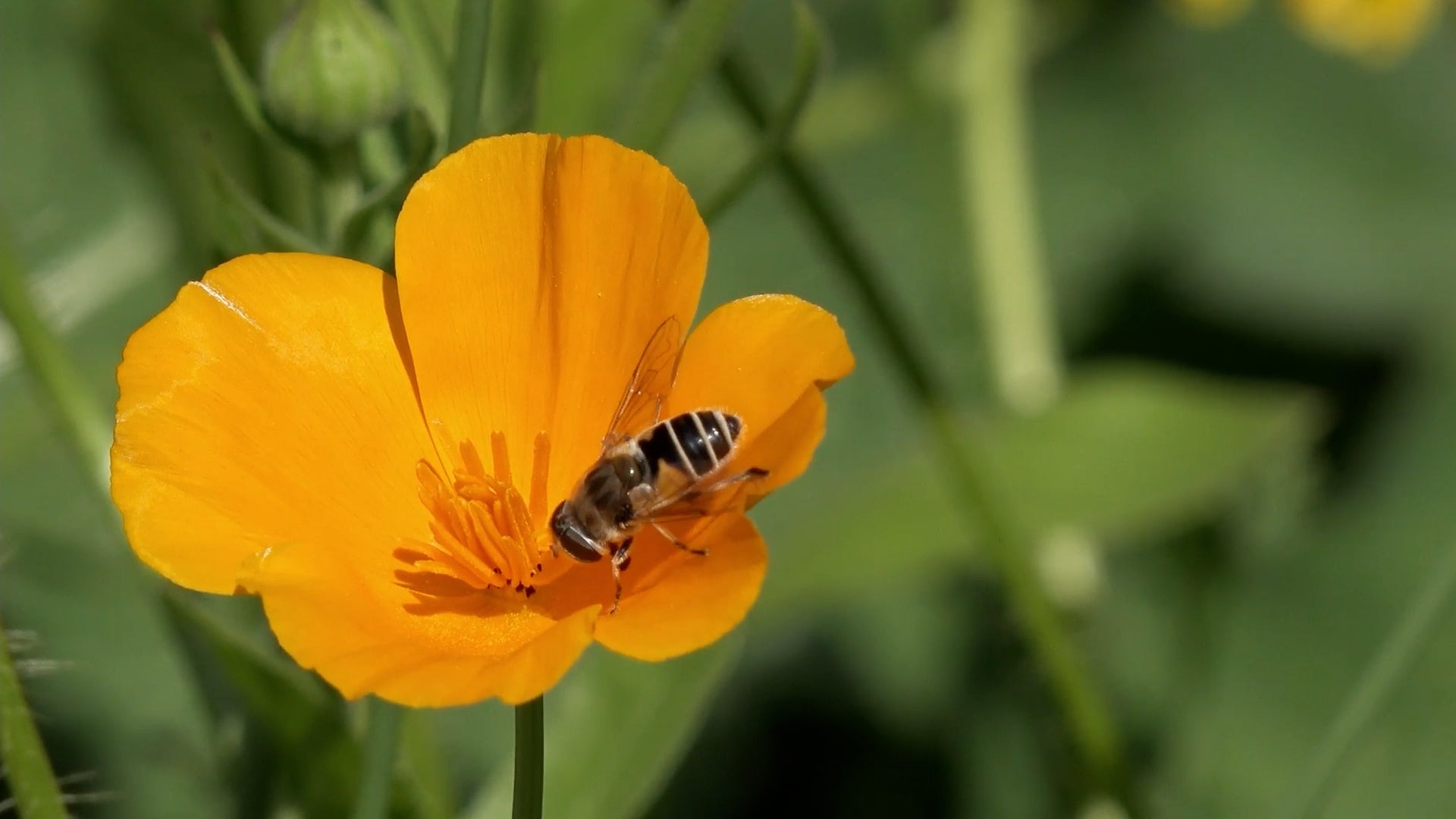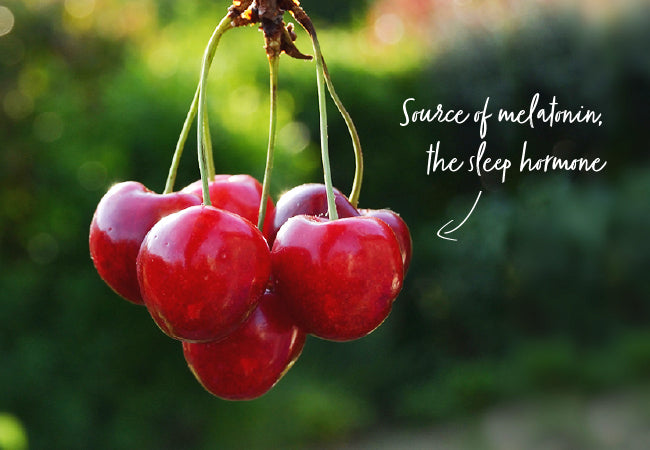
It’s natural for women’s libido levels to change depending on your life stage but did you know more than 50% of women going through the menopause are affected by low sex drive? But it’s not just those in their 40’s and beyond who are finding their sex drive waning. A survey by Viridian revealed 34% of those in their 20’s and early 30’s would like to increase their libido too*.
The good news is that there are a number of researched nutritional supplements such as maca and ashwagandha along with lifestyle tips that could help improve sexual function and libido.
What affects libido for women?
Hormonal imbalances:
Stress, the menopause, and having a baby all contribute to a reduced sex drive as they all disrupt hormone balance. Lowered oestrogen as an effect of the menopause, increased cortisol caused by stress and general hormonal imbalance from childbirth may all cause a reduction in libido.
Stress
Professional or personal life can be stressful, and if it persists long term, is considered chronic stress. This may lead to a loss of libido due to poor sleep, low mood, and physical fatigue.
Parenting
Ironically, having a baby, the biological goal for libido, can lead to a reduced desire for sex. This is a common experience in motherhood, especially in first time mums but can happen after any pregnancy. As well as hormonal changes, there are lifestyle changes, changes in body image, added responsibility and exhaustion which all play into reduced sex drive.
Menopause
Perimenopausal and postmenopausal women can experience a decrease in libido which may be caused by physiological, psychological, and hormonal changes, or a combination of all three. It is important to express that everyone will experience the menopause differently and while there are common symptoms, every woman’s experience will be unique to them.
Oestrogen is one of the main female sex hormones and is known to influence sexual desire and activity. Reduced oestrogen levels during and beyond the menopause can lead to intimate dryness and vaginal inflammation, both of which may cause discomfort during intercourse and therefore reduce sexual desire. Testosterone, which is commonly thought to be the male sex hormone also plays a role in female libido and declines with age.
When there is an imbalance between testosterone and oestrogen this may also reduce libido.
Reviving the libido
Natural libido lifters for women
There may be different approaches to supporting female libido, depending on what stage of life you are in. Younger women who haven’t yet been through the menopause can consider ashwagandha and saffron supplementation. 600mg of ashwagandha over an 8-week period has been shown to improve arousal and satisfaction in healthy younger women. Saffron may support hormonal fluctuations, mood, and menstrual health which in turn can improve sexual function and libido.
Other supporting herbs include fenugreek and pine bark. Fenugreek has been found to increase testosterone and oestradiol within the safe range, helping to support the normal balance of hormones, sexual desire, and arousal in women both pre and post menopause. Pine bark extract may also help support libido by increasing blood flow to the vaginal area and improving sexual satisfaction.
Women who are going through any stage of menopause may benefit from ginkgo biloba, as it has been shown to specifically increase libido in menopausal women and can support hormone replacement therapy (HRT). It exerts a similar effect to oestrogen in the body enabling it to increase libido and is also thought to improve blood flow to the area.
Minerals to revive libido
Zinc is an important mineral for supporting general health but additionally, supplementation can help with increasing testosterone in postmenopausal women. Reduced levels of testosterone may lead to a loss of libido. 10mg of zinc per day can increase testosterone levels, helping to restore libido and improve sexual enjoyment.
Magnesium is another important mineral and low magnesium is becoming more common in people eating a western diet. A lack of magnesium is also linked with reduced testosterone in post menopausal women and therefore a lower libido. Magnesium is involved in the production of testosterone and oestrogen so supplementing may increase libido by helping balance these hormones.
Alleviating mood and stress
Mood and stress are intrinsically linked to libido, so alleviating low mood and high stress levels can restore sex drive. 30mg of saffron extract daily for 6 weeks has been found to improve low mood and mild to moderate depression symptoms. Whilst saffron does not directly increase libido, its ability to improve mental health can increase desire for sex. Stress is one of the biggest causes of a loss of libido, but help is at hand with lemon balm which has been found to reduce stress, alleviate anxiety, and improve sleep.
A clinical investigation reported that 300mg of lemon balm extract, twice daily, was shown to significantly relieve symptoms of anxiety and insomnia within 15 days. Maca is another renowned plant extract, known as a natural aphrodisiac, it has been shown in research to lower measures associated with sexual difficulty. It can also enhance mood by reducing anxiety and depression.
Lifestyle tips
As well as nutrients and herbs, lifestyle changes can also make a big difference to your desire for sex. Maintaining a healthy bodyweight and eating a balanced, varied diet helps the body function at optimal levels. For women, exercise is important, but overtraining and lack of recovery time can reduce libido as well as cause other reproductive issues in younger and middle-aged women. Stress reduction techniques like yoga and meditation can also help.
Choosing a supplement
When choosing a supplement, make sure it contains 100% active ingredients and no binders or additives. At Viridian, we avoid junk ingredients to keep supplements pure, so they benefit you nutritionally as opposed to aiding the manufacturing process. Our formulations are based on human clinical research to ensure therapeutic doses and are nutritionist formulated. The Viridian range is GMO and palm oil free, non-animal tested and uses ethically sourced ingredients.
Conclusion:
Sex is a natural and important part of life and your libido levels will change depending on your life stage. Nutrition and lifestyle changes can make a significant difference in restoring low libido with scientific evidence to support this. It may be a difficult subject to talk about however independent health stores can help with supplement, nutrition and lifestyle advice. To find your nearest one, visit: www.findahealthstore.com
References
Author: Will Jordan, BSc (Hons) MSc, is a Nutrition Advisor at Viridian Nutrition. He holds a Master’s degree in Sports and Exercise Nutrition and BSc in Food and Nutrition.
*A Viridian Nutrition Survey of 2000 people, July 2024.
Dongre S, Langade D, & Bhattacharyya S. Efficacy and Safety of Ashwagandha (Withania somnifera) Root Extract in Improving Sexual Function in Women: a Pilot Study. BioMedResearch International. 2015; 2015, 284154
Khanna A, Thomas J, John F, Maliakel B, & Krishnakumar IM. Safety and influence of a novel extract of fenugreek on healthy young women: a randomised, double-blinded, placebo-controlled study. Clinical Phytoscience. 2021; 7, 63
Malakouti J, Jabbari F, Asghari-Jafarabadi M, Javaszadeh Y, & Farshbaf-Khalili A. Impact of Ginkgo biloba Tablet and Aromatherapy Inhaler Combination of Sexual Function in Females During Postmenopausal Period: A Double-Blind Randomized Controlled Trial. International Journal of Women’s Health and Reproduction Sciences. 2017; 5 (2) 129-136
Rao A, Steels E, Beccaria G, Inder WJ, & Vitetta. Influence of a Specialised Tringonella foenum-graecum Seed Extract (Libifem), on Testosterone, Estradiol and Sexual Function in Health Menstruating Women, a Randomised Placebo Controlled Study. Phytotherapy Research. 2015; 29 (8) 1123-1130
Brooks NA, Wilcox G, Walker KZ, Ashton JF, Cox MB, & Stojanovska L. Beneficial effects of Lepidium meyenii (Maca) on psychological symptoms and measures of sexual dysfunction in postmenopausal women are not related to estrogen or androgen content. Menopause. 2008; 15 (6) 1157-1162
Nia, LM, Iravani M, Abedi P, & Cheraghian H. Effect of Zinc on Testosterone Levels and Sexual Function of Postmenopausal Women: A Randomised Controlled Trial. Journal of Sex & Marital Therapy. 2021; 47 (8) 804-813
Cinar V, Polat Y, Baltaci AK, & Mogulkoc R. Effects of Magnesium Supplementation on Testosterone Levels of Athletes and Sedentary Subjects at Rest and after Exhaustion. Biological Trace Element Research. 2010; 140, 18-23
Akhondzadeh S, Tahmacebi-Pour N, Noorbala AA, et al. Crocus sativus L. in the treatment of mild to moderate depression: a double-blind, randomized and placebo controlled trial. Phytother Res 2005; 19 (2) 148–51
The information contained in this article is not intended to treat, diagnose or replace the advice of a health practitioner. Please consult a qualified health practitioner if you have a pre-existing health condition or are currently taking medication. Food supplements should not be used as a substitute for a varied and balanced diet.







